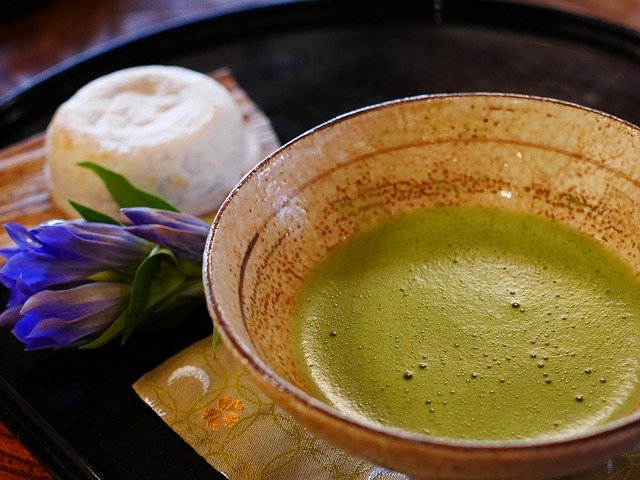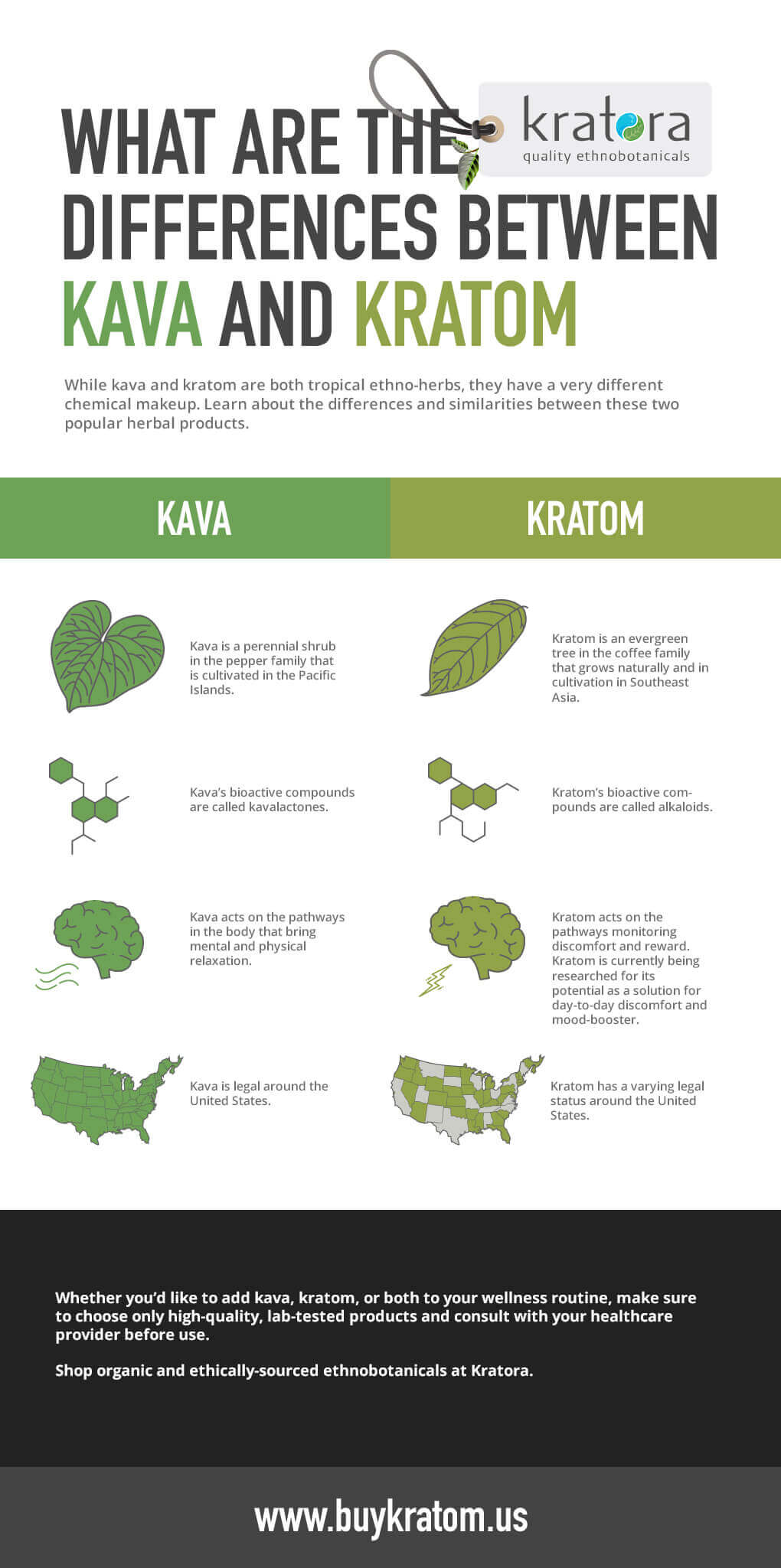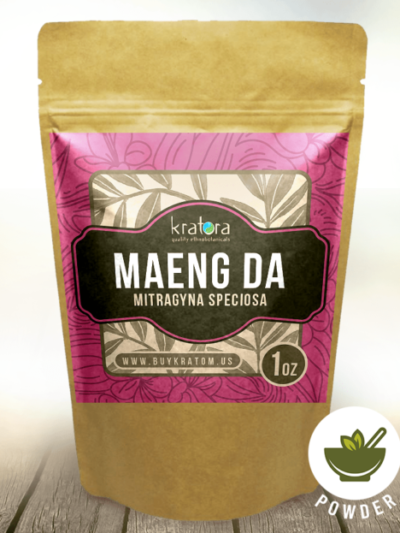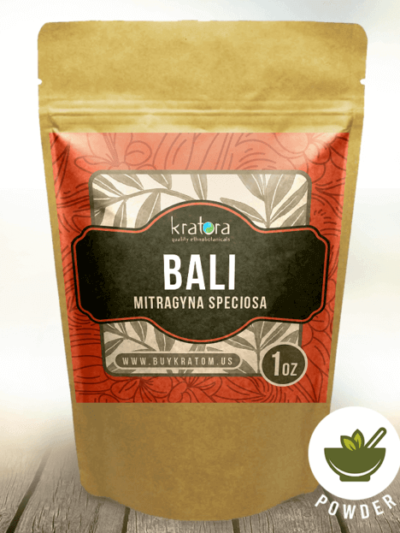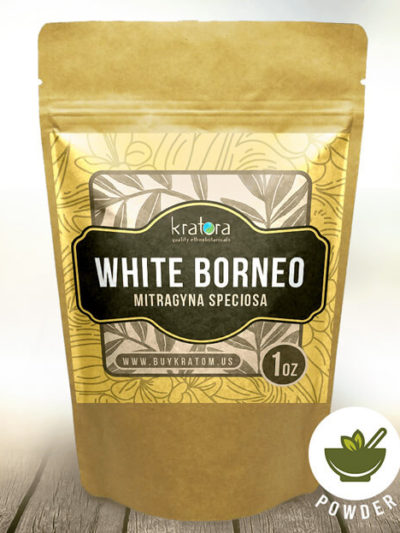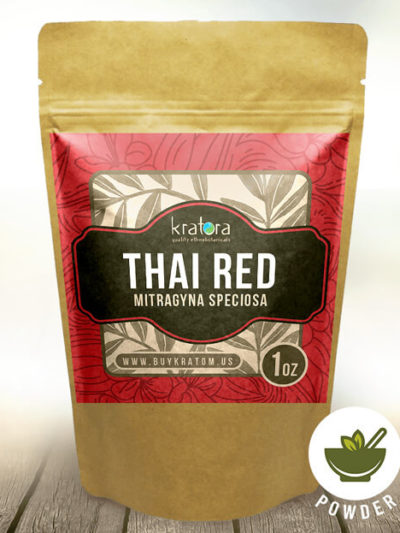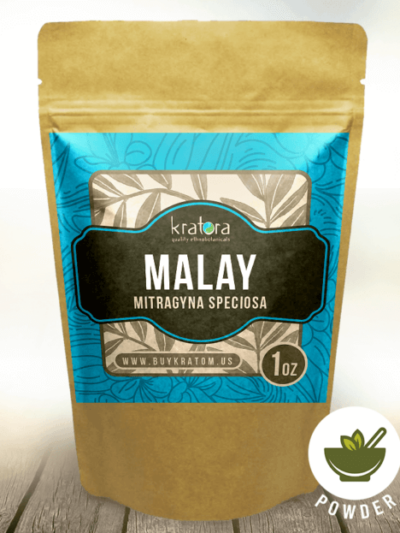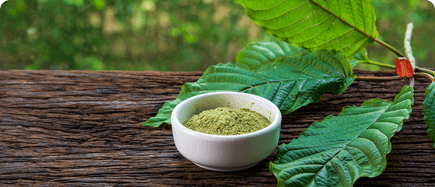At Kratora, our passion and primary focus is kratom — it was our very first ethnobotanical and we’ve gone above and beyond to bring our customers an extensive selection of kratom products since we first opened for business in 2013. However, we know that kratom isn’t legal in every state (or county) and that some people ask us about other options. In this post, we’ll cover the main differences between kava and kratom.
Kava and Kratom: The Basics
If you’re thinking that kava and kratom are strange bedfellows, you’d be right! In fact, these two plants are not related and don’t share any bioactive compounds. Kava (Piper Methysticum) is a perennial shrub in the pepper family that grows on the islands of the Western Pacific — most notably the islands of Vanuatu, Fiji, and Tonga. The roots of the shrub are harvested, cleaned, pounded, and mixed with water to be drunk at ceremonies or socially to relax. The popularity of kava in the Western Pacific has spread to the USA where more than 100 kava bars are now in business — mostly located in the states of Florida, California, and New York.
Comparing kratom vs. kava, kratom (Mitragyna Speciosa) is a tall evergreen tree in the coffee family that grows in the jungles of Southeast Asia. It was traditionally used as a tea in Thailand and Malaysia to increase laborers’ stamina on the job. In the West (Europe and the United States), kratom has received opposition from authorities because of concerns regarding abuse potential. However, in 2016, thousands of U.S. citizens spoke out in favor of kratom and managed to overturn an attempt to schedule the herb at a federal level.
Chemical Differences between Kava and Kratom
Remember that we mentioned that kava and kratom have different bioactive compounds? In kava, they’re called kavalactones, and in kratom, they’re called alkaloids. So far, 18 different kavalactones have been identified, with six of these making up 90% of the plant’s total kavalactones content. Kratom can contain over 40 different alkaloids. However, the most well-known and influential alkaloids in the mix are mitragynine and 7-hydroxymitragynine.
Kratom vs. Kava: The Science
When it comes to scientific research about kava and kratom, kava is strides ahead of kratom. While standardized kava extracts have already reached the stage of clinical trials, kratom is still at the point of being explored through computer models and animal trials with mice and rats. What researchers have been able to discover so far is that kava acts on the nervous system through the GABA and glutaminergic pathways. It also appears to work on other pathways throughout the body — associated variously with feel-good hormones and the sleep-wake cycle. Kava’s activity as a GABA receptor agonist is thought to explain kava’s physically and mentally relaxing effects and its dopamine-elevating action is linked with euphoria. Kava extracts have been shown to be effective for easing nervousness, stress, and worry-related sleep difficulties, and the plant is currently under investigation for further potential benefits. [1]
Studies on kratom, on the other hand, show it having effects on the systems in the body responsible for rewards and easing discomfort, and other important pathways. For this reason, kratom is being researched primarily as a solution for day-to-day discomfort, with its mood-boosting effects remaining mostly anecdotal. A new law in Thailand allowing medical research on kratom will hopefully accelerate research efforts and bring the herb closer to clinical trials.
Legal Differences between Kava and Kratom
If you’re shopping for kava and kratom in person, you would notice that kava is much easier to come by than kratom. Enjoying basically a free pass by authorities around the country, kava is available in kava bars, health food stores, pharmacies, and even supermarkets.
Kratom is much more restricted by law and also in practice. The herb is currently outlawed in six states and several counties, regulated in four states, and unregulated in the remaining states. In the states where kratom is legal, it can mostly be found in specialty stores like smoke shops and head shops. However, due to adulteration concerns, most kava and kratom enthusiasts prefer to buy their herbs online.
Shop Kratom at Kratora
-
Energy
Maeng Da Kratom Powder
From $12.99 Shop Now This product has multiple variants. The options may be chosen on the product page -
Relaxing
Bali Kratom Powder
From $10.99 Shop Now This product has multiple variants. The options may be chosen on the product page -
Energy
White Vein Borneo Kratom
From $10.99 Shop Now This product has multiple variants. The options may be chosen on the product page -
Relaxing
Thai Red Vein Kratom
From $10.99 Shop Now This product has multiple variants. The options may be chosen on the product page -
Energy
Green Malay Kratom Powder
From $10.99 Shop Now This product has multiple variants. The options may be chosen on the product page
At Kratora, we are proud to sell traditional, all-natural kratom sourced from ethical, family-owned businesses in their places of origin. All our products are organically-grown and lab-tested for purity and biological safety. Our ethnobotanicals are also covered by our 30-day satisfaction guarantee, so if you don’t love your purchase, we’ll give you your money back! Buy kratom online and discover which herb is right for you.
Please note that the US FDA has not approved kratom to be sold for human consumption, sold for external use only. The statements in this article have not been evaluated by the FDA. None of the products sold on our website are intended to diagnose, treat, cure, or prevent any disease or medical condition.
Want to learn more about kratom quality and value? Start here:
Why Buying Cheap Kratom Can Be Dangerous
